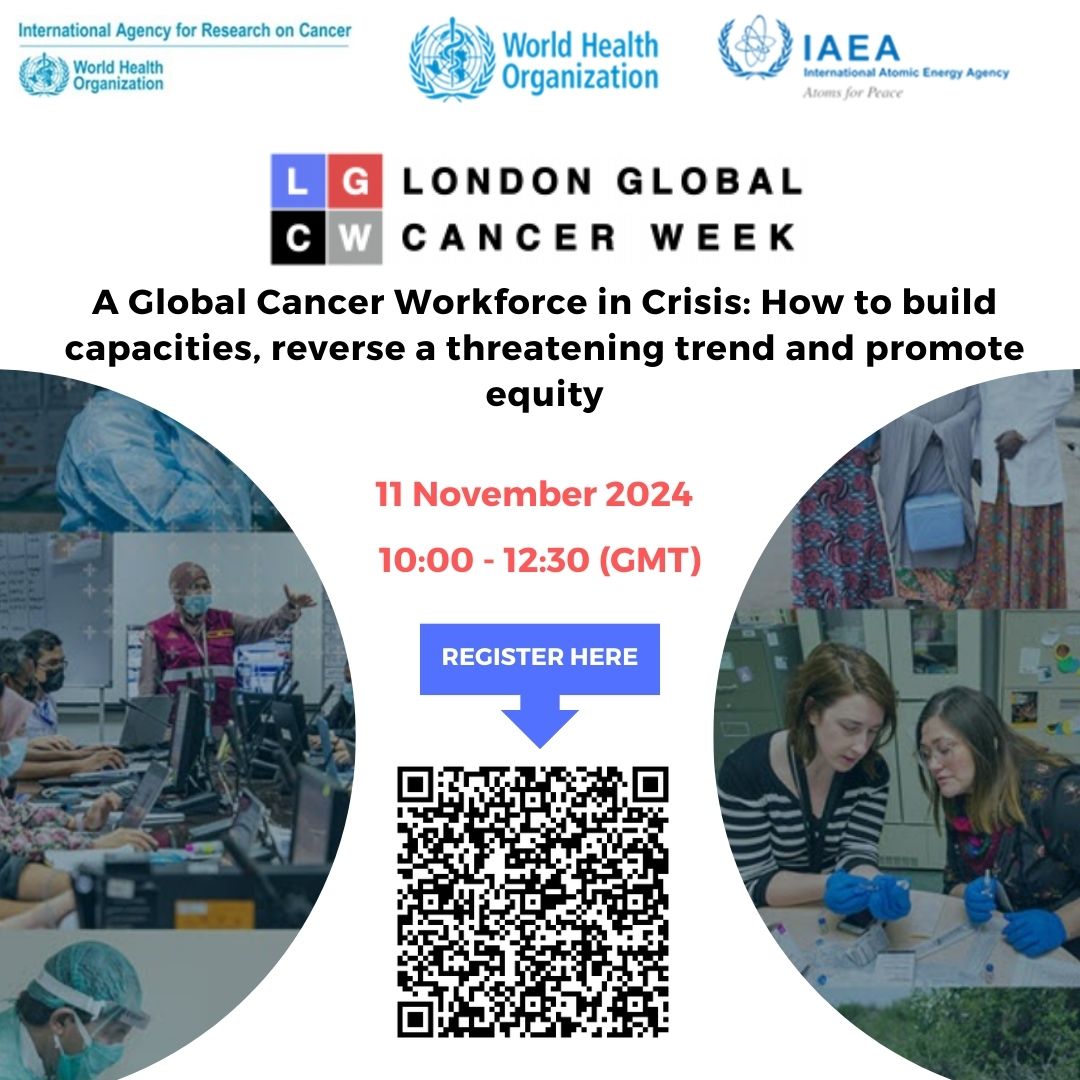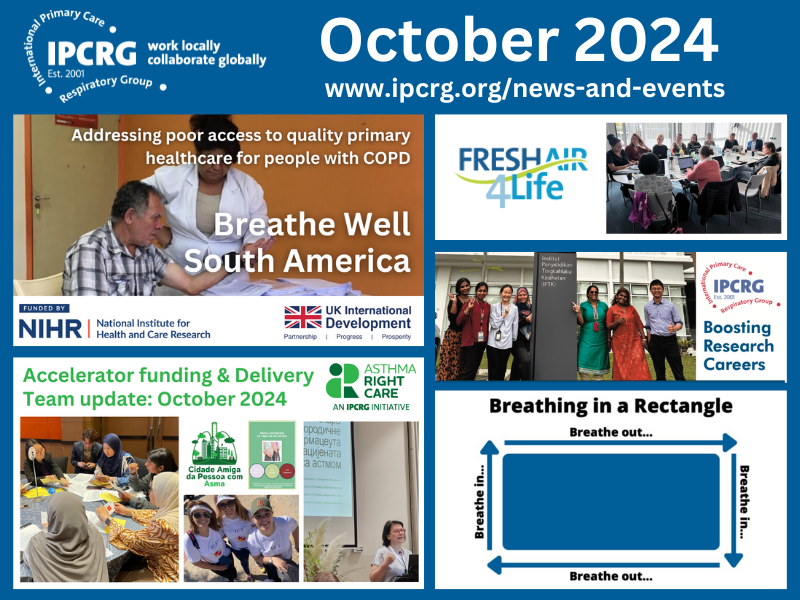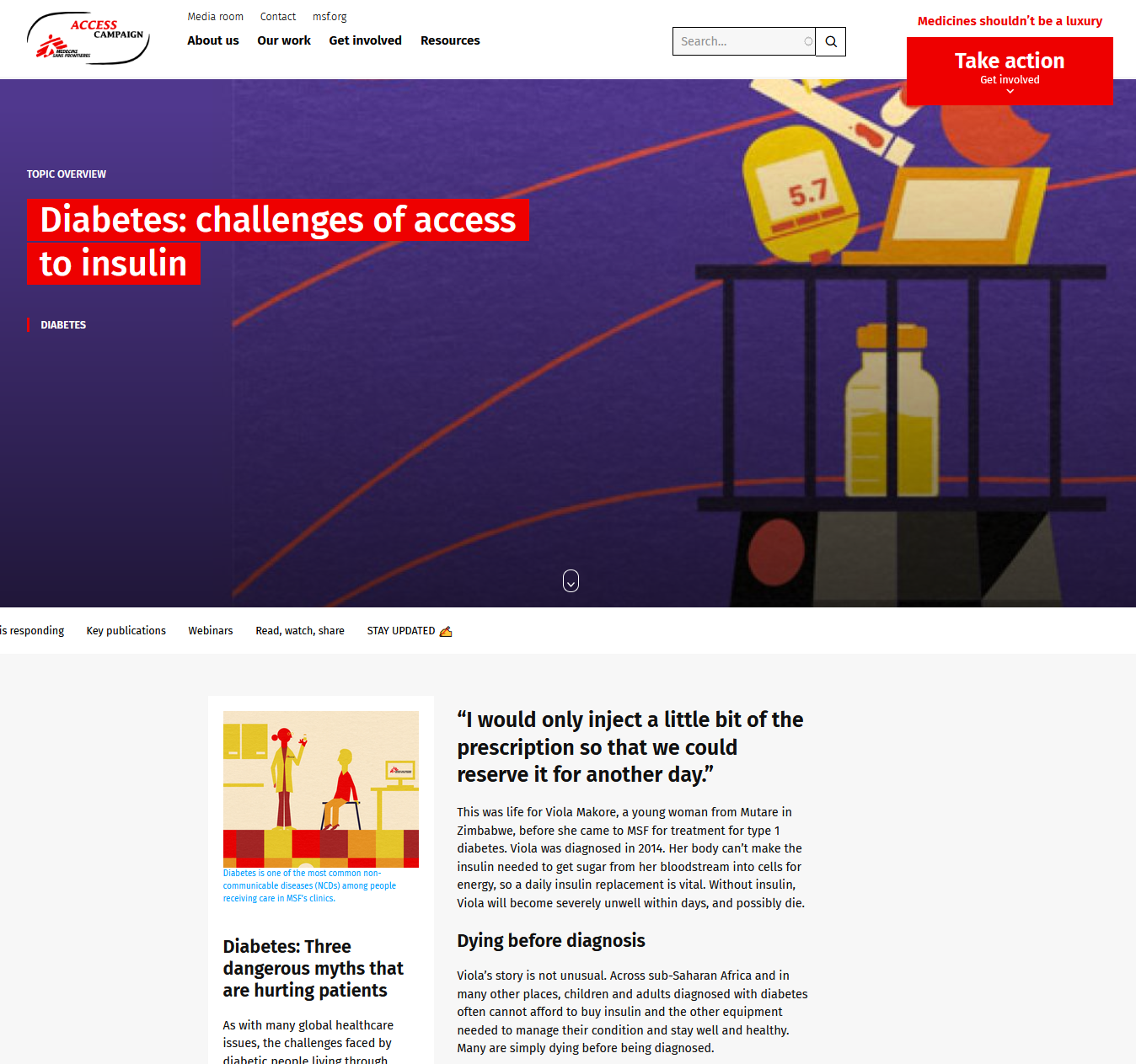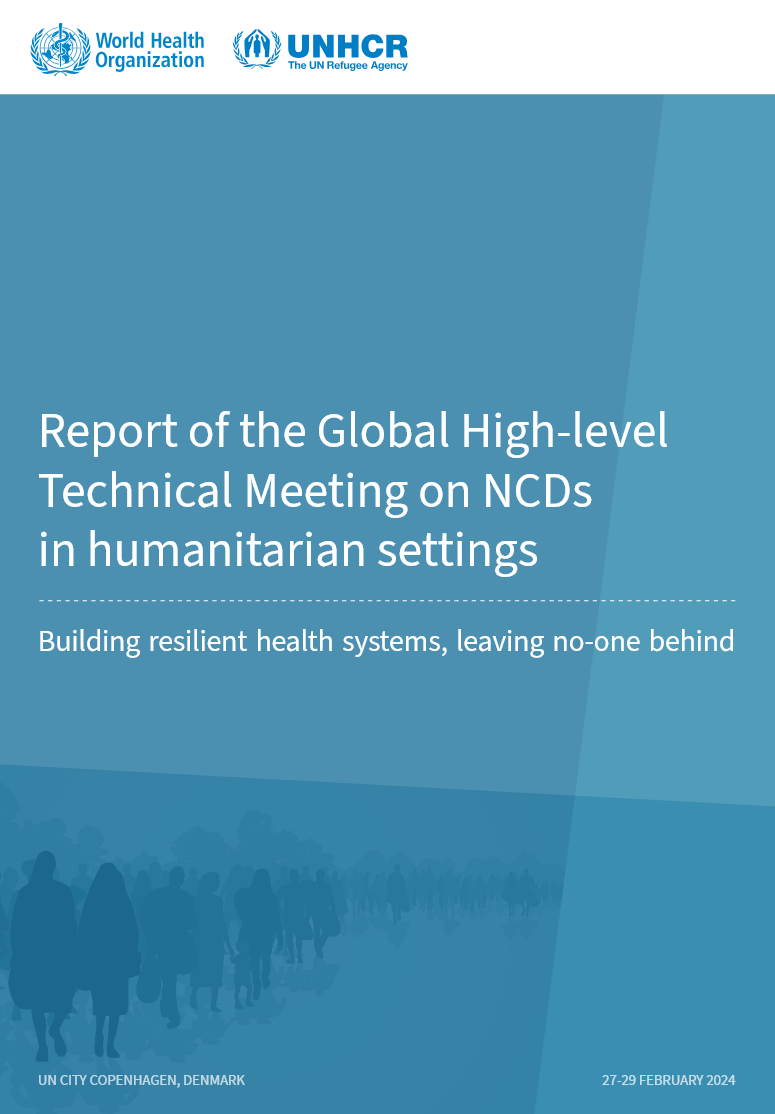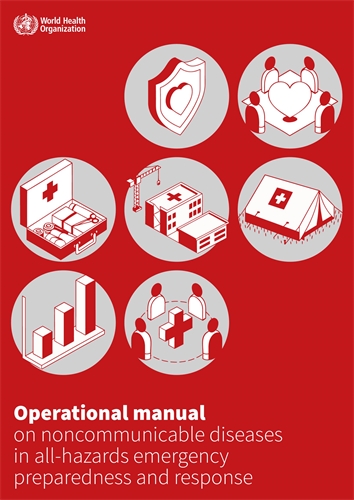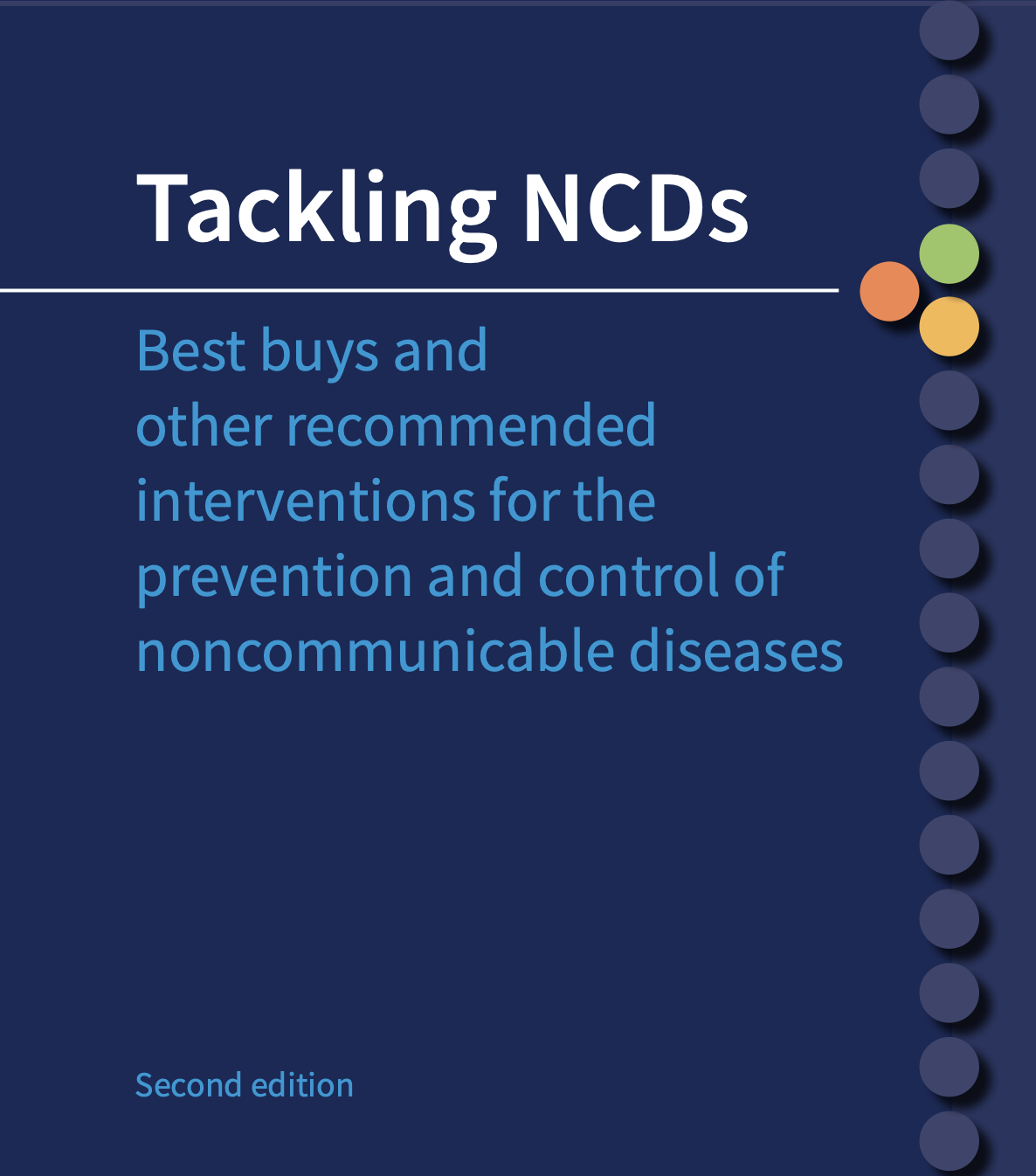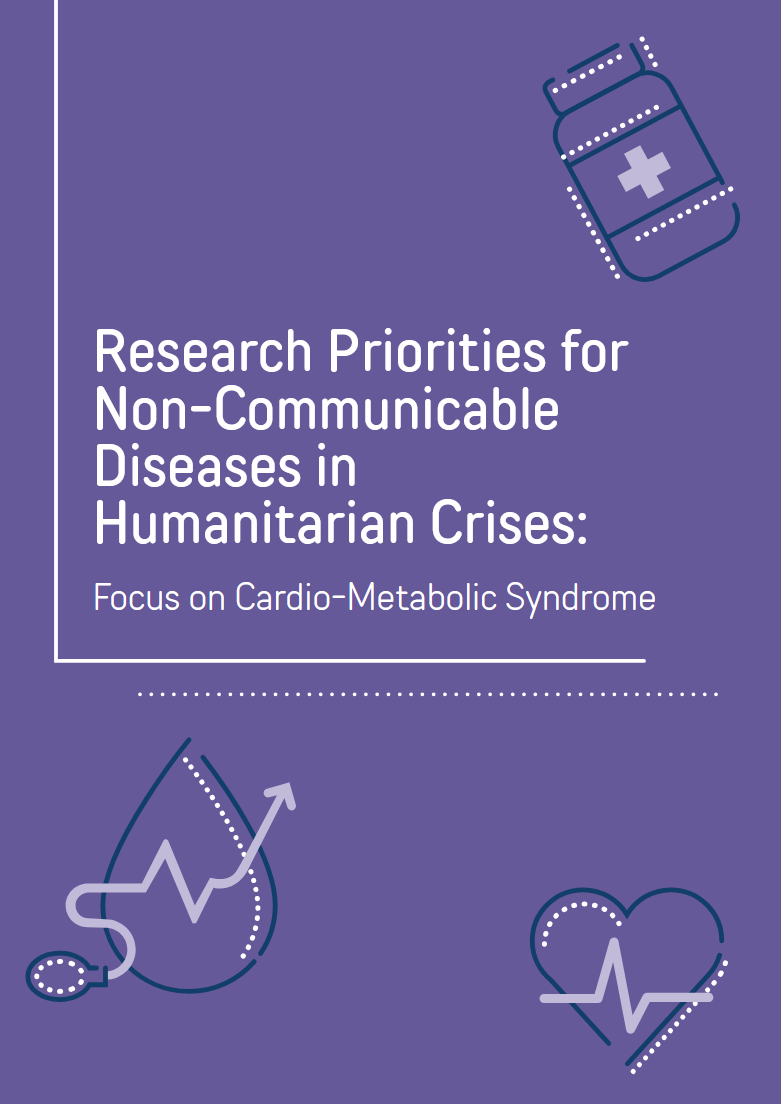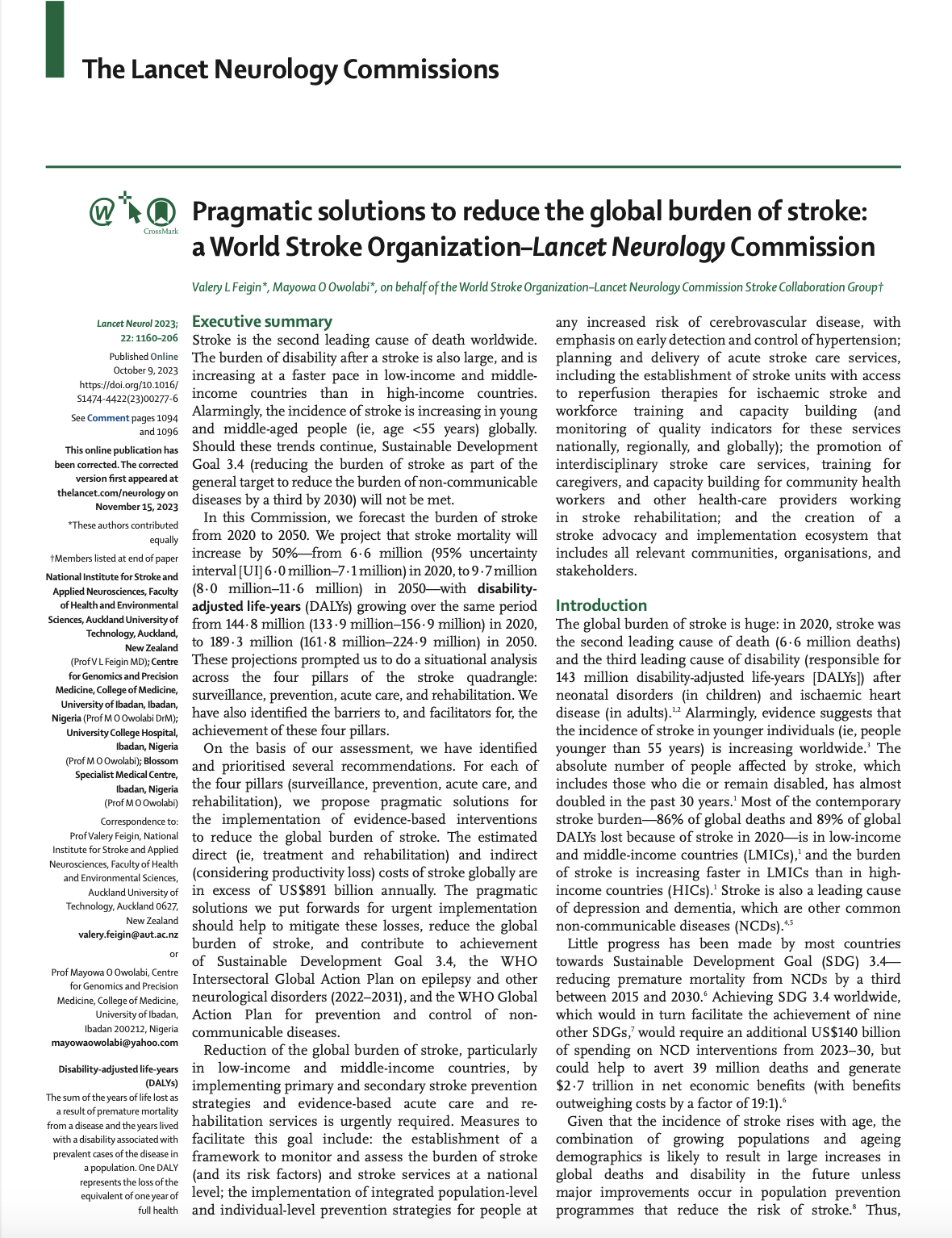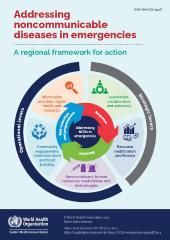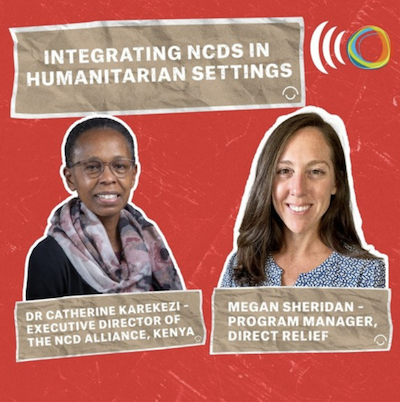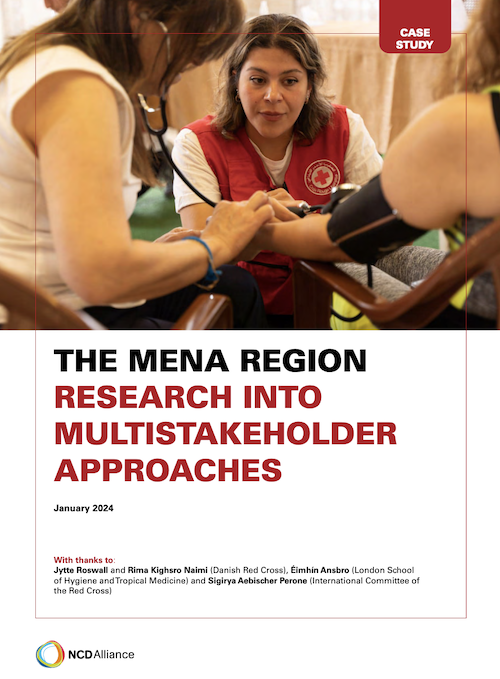World Health Organization
A Global Cancer Workforce in Crisis: How to Build Capacities, Reverse a Threatening Trend, and Promote Equity (London Global Cancer Week)
Article
08 Nov 2024
Date: 11 November 2024 Time: 10:00 – 12:30 GMT Register here: https://tinyurl.com/yvtwbvhx Together with leading experts, UN agencies, and national program managers, we’ll explore: Current workforce challenges and trends...

